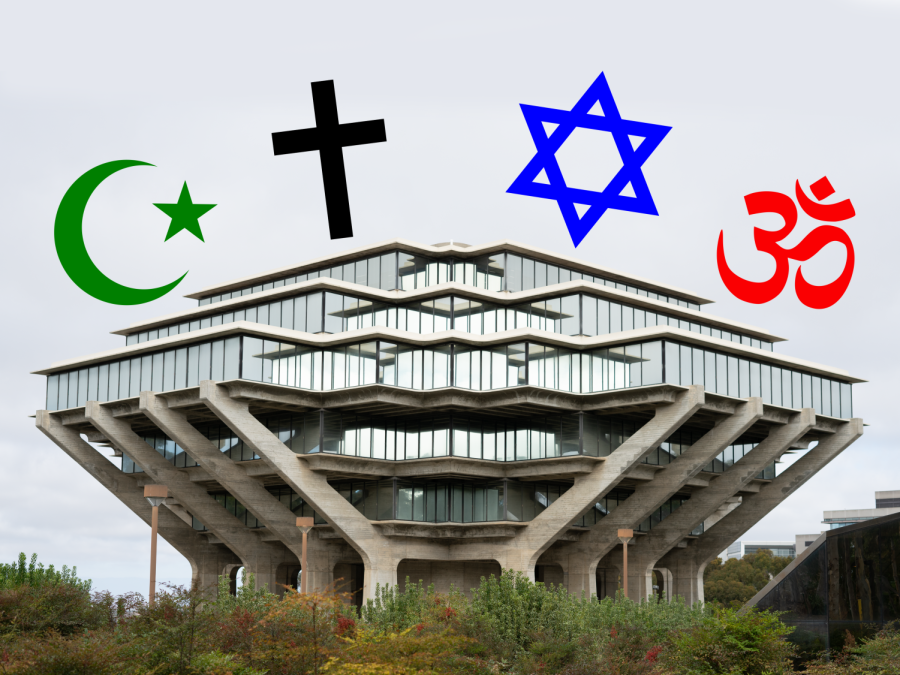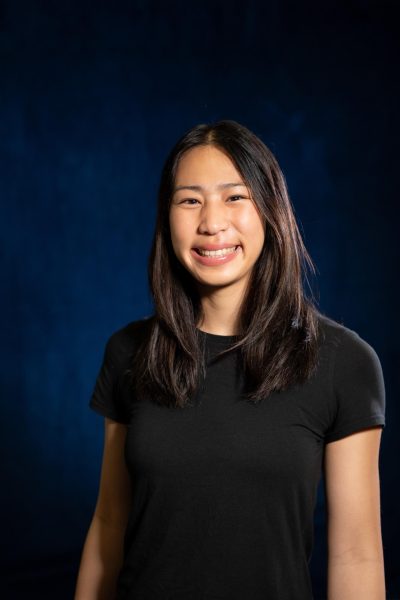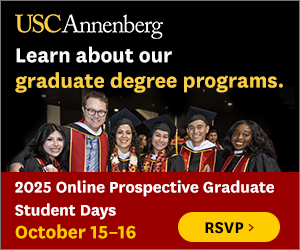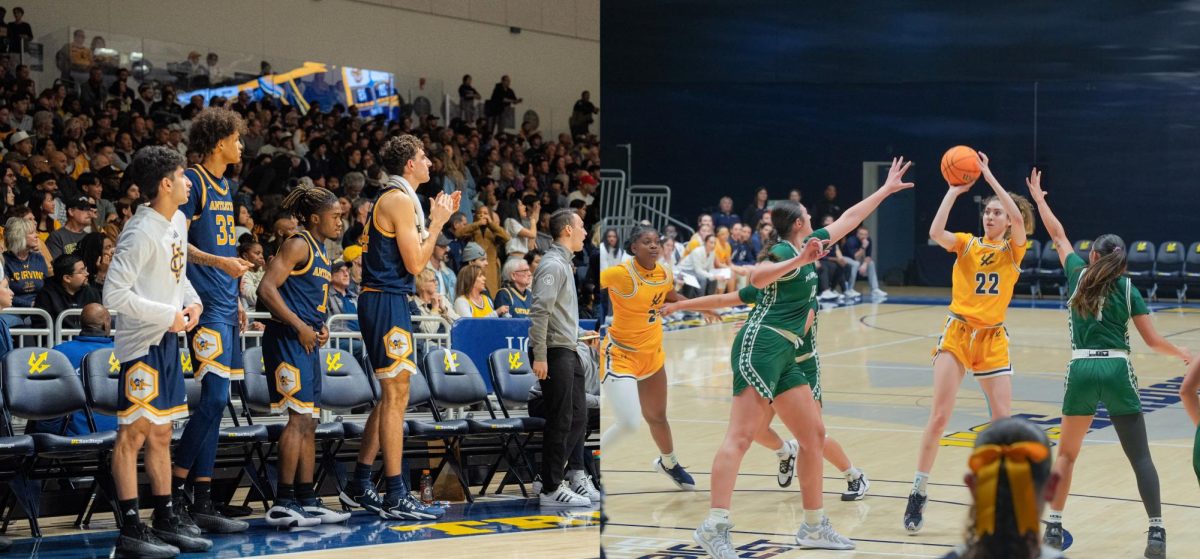Shining a Light on Religious Organizations at UCSD
May 21, 2023
On practically any bulletin board or available advertising space on campus such as Library Walk, you’ll probably find a poster for a religious organization there. This notable presence of religion on campus has led to the nurturing and development of many students’ faiths and beliefs, particularly for students who grew up in a religious home and entered college seeking a community of people with shared beliefs.
Brianne Jung, a sophomore in Marshall College in Asian American Christian Fellowship notes the prominent presence of a Christian community on campus has encouraged her own faith to bloom.
“I was a little bit surprised and also really blessed to see how strong the presence of Christians is at UC San Diego,” Jung said. “Seeing the amount of different campus fellowships and also just being a part of AACF and meeting and fellowshipping with different Christians has shown me the presence of God at UCSD and to see how He is working.”
AACF is a Christian ministry specializing in reaching Asian American and Pacific Islander college students and providing them with opportunities in leadership and service. AACF also identifies as a parachurch, a ministry that operates outside of the confines of a traditional church.
“Since we’re a parachurch, one of AACF’s goals is to appoint their members to a local church,” she said. “So it’s a really good way for Christians looking for a church body to meet other Christians that go to the same school and can get appointed to the various local churches in the area.”
Many recognize this commitment as a demonstration of independence in college and individuals’ personal faith.
College is oftentimes characterized as a time for many individuals to grow in one’s knowledge and explore their identity beyond everything one has known for almost two decades. And an important aspect of one’s identity is religion; for many people who grew up in religious households, college is an opportunity to reflect on what they really believe.
Madeline Yamamoto is a senior in Muir College in the student organization Catholics for Social Justice under the Newman Center Catholic Church.
“I feel like, at least in the people I’ve talked to at church, it’s a very common thing to become used to the routine of religion, and it’s just something you do,” Yamamoto said. “But then developing the further meaning for yourself and the deeper aspects of religion can come a little later in life.”
Yamamoto’s personal journey with Catholicism was much like this, growing up with a little bit of Catholic culture during elementary school. She was baptized and grew up with Catholic grandparents, but became less religious in middle and high school. Though she was not religious coming into college, Yamamoto found hope and comfort in faith.
“I would have considered myself an atheist at the start of college,” Yamamoto. “But yeah, the independence of college and the scariness of it kind of left me in a place where I was looking for a source of hope,” Yamamoto said. “And so I started getting involved with Newman Church. I would go to some of their events just to try and dip my toes in and see if I wanted to follow the path of Catholicism.”
Catholics for Social Justice is a student organization on campus that focuses on ways to serve the community through events like blood drives and helping Birthline, a local nonprofit that helps new and expectant mothers get resources and help. They aim to involve students in serving the broader population based on Catholic values.
Leena Kang, a sophomore in Sixth College, is a part of two different student organizations: Kristos Campus Missions and Campus Outreach under Redeemers Presbyterian Church. KCM is a ministry rooted in advocating for short-term missions and a place for like-minded people in fellowship and learn more about the gospel. Campus Outreach is the college ministry for the Redeemers Presbyterian Church, and similar to KCM, is a community of Christians learning how to share the gospel and transform our lives. Kang has found these religious organizations to be helpful in deepening her knowledge of her beliefs.
“College ministries have just allowed me to continue to learn more and have helped me be more aware of myself and what I actually believe in,” Kang said. I think it’s really easy growing up — especially when we’re very, very dependent on our parents to just go to church just for the sake of it, or we just go check out things for the sake of it.”
Kang grew up going to a Presbyterian Korean church her whole life and with it came the cultural norms of Christianity.
“Even though I grew up in a Christian household and went to church my whole life, I didn’t really take it seriously and commit my life to the church community and my life to Christ until later on in high school,” Kang said. “But when you’re in college, you actually have the choice to actually go where you want to go and believe in what you want to believe.”
The diverse and ample number of religious organizations has opened the door for more students to view religion from a different lens.
“I think it creates more opportunities to understand more people and know what people are,” Kang said. “I do think the many different groups challenge everyone to really think about what they believe in, themselves. Because we’re a little more independent and because we’re in an environment with a lot more diverse people with diverse backgrounds and diverse body systems, I think we are often challenged to think about why [we] believe in what [we] believe.”
The opportunity to join these varying organizations and experiences allows students to explore their faith and show the growth that can come from the independence brought about by college and the pursuit of personal belief. Jung has seen the growth in herself that independence and the presence of other Christians have had on her.
“College has definitely made my faith more personal, and even with more trials that college brings, I have not only furthered my knowledge of my faith but also found recognition of my need to depend on God,” Jung said. “Meeting other Christians and believers has been really growing as well seeing how everybody has come from different places and are in different parts of their own spiritual walk. Sharing in fellowship and experiences with others has given me a larger perspective and has also challenged me and my own faith.
Image Courtesy of Alexander Olsen

















